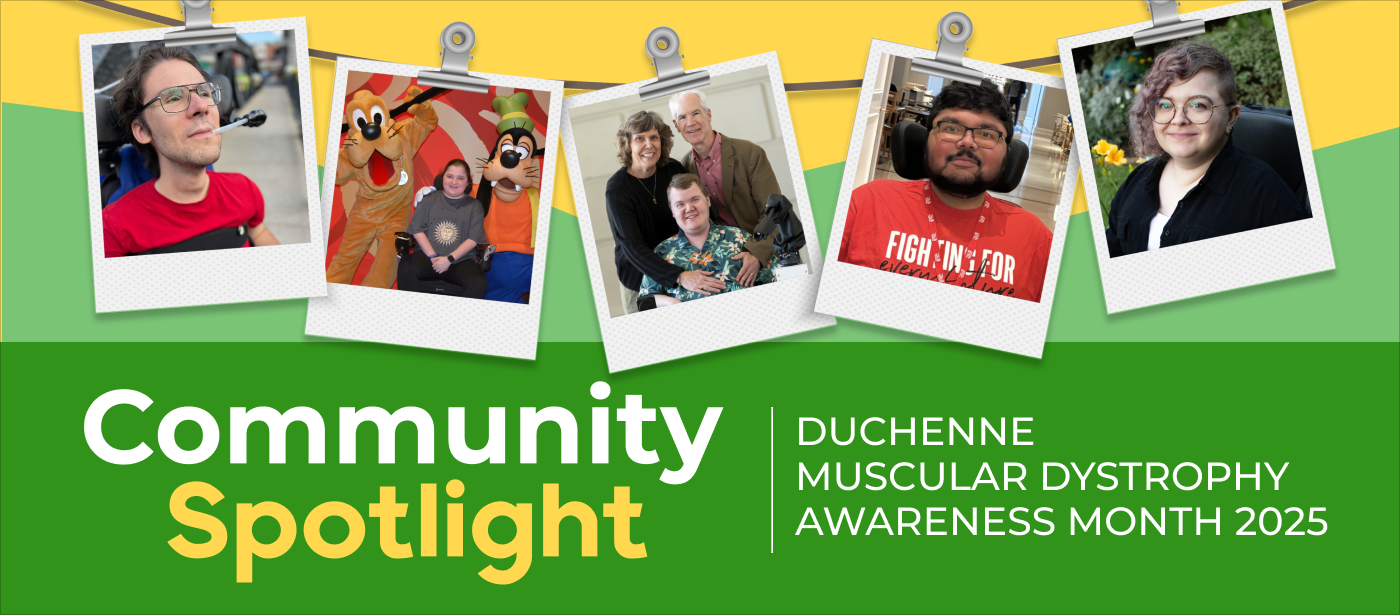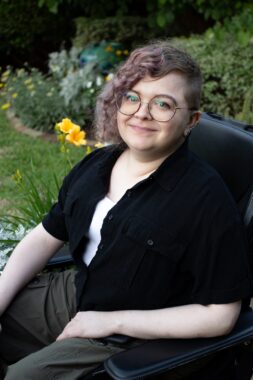The life with Duchenne muscular dystrophy no one said I could live
Written by |

In recognition of Duchenne Muscular Dystrophy Awareness Month in September, the Duchenne Muscular Dystrophy Community Spotlight campaign features a series of stories highlighting the real-life experiences of people affected by Duchenne muscular dystrophy, written in their own words. Follow us on Facebook, Instagram, X, and Pinterest for more stories like this, using the hashtag #MDSpotlight, or read the full series.

Mallory Dupree was diagnosed with Duchenne musclular dystrophy at age 8. (Courtesy of Mallory Dupree)
I was 8 years old when I received a diagnosis of Duchenne muscular dystrophy (DMD).
It didn’t really register to me when my parents were told I wouldn’t live past the age of 19. I was just a kid, after all. I was much more concerned with Saturday morning cartoons and having to miss school to go sit in doctors’ offices. I didn’t care that they told me I would face progressive muscle weakness and that I would eventually need to use a wheelchair.
Growing up, I didn’t respect the amount of work I put into managing DMD, because I just didn’t know anything different. However, as I now look back on this prognosis at age 32, I have a much greater appreciation of the struggles I’ve faced and the life I’ve lived despite them.
Although caused by similar genetic errors, Duchenne and Becker muscular dystrophy are seen as opposite ends of a spectrum of disease. As someone with a particularly rare mutation that expresses itself in an uncommon and less advanced way, I feel like I fall between two different worlds. At times, I see myself vastly overprepared for eventualities I’ve been told for years are soon to come. At others, I worry I am unable to connect with my DMD peers.
As a result, I often find it difficult to share how I achieve what I do, when it seems as though much of it is due to the level of function I have been fortunate enough to maintain. When I feel this way, I try to remind myself how this life of mine serves to show the array of possibilities that are still available to those with DMD.
There are no expectations. There are no rules.
I’ve explored various facets of my sexuality, my gender identity, and my self-expression. After many years of this, I came out as transgender and have been socially and medically transitioning. I’ve made action plans and taken steps to achieve my goals.
I drive a modified vehicle, I live independently with roommates in a rental home, I stay out late dancing and doing karaoke at bars, and I have tattoos and piercings.
I’ve found fulfilling ways to work toward the things I value in life, like creativity, learning, and helping others. I’m developing digital drawing skills, I’m participating in grant reviews for DMD research, and I’m educating others on how to get involved in advocacy. I truly feel that I’m achieving everything I’ve ever wanted, and I love the person I’ve become.
The DMD prognosis is not set in stone, and neither is the life I live.




